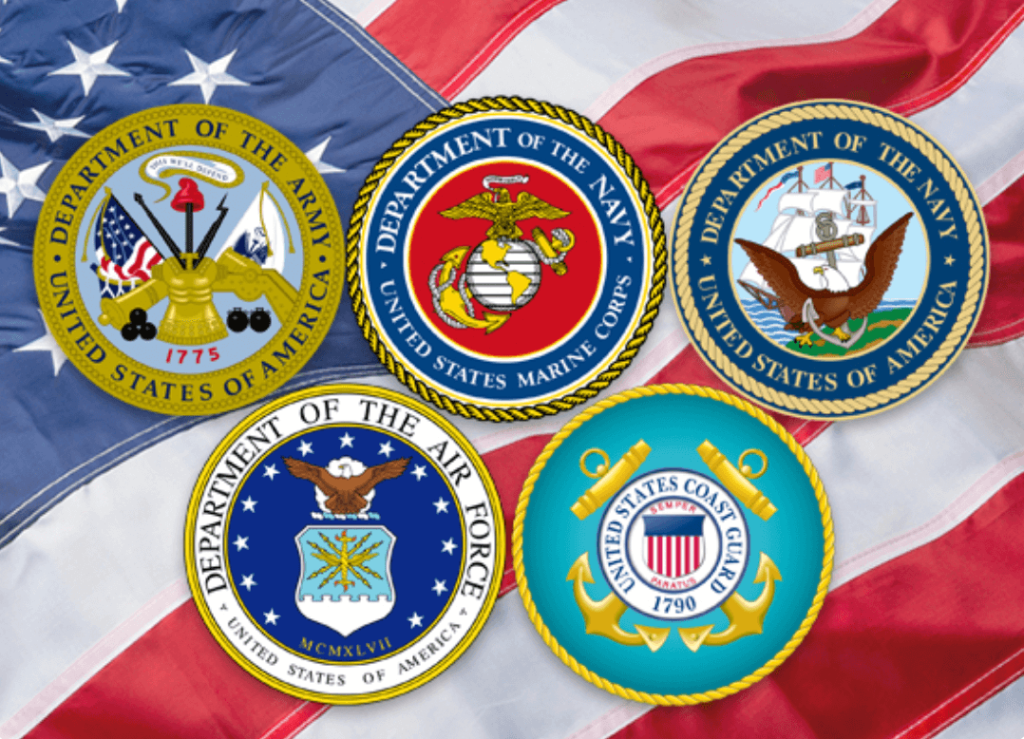COMMUNICATION WITH YOUR ATTORNEY
You will communicate with your Attorney a wide range of ways during your Attorney-Client Relationship. You may initiate and communicate with your attorney in person, on calls, with texts, emails, and you will also be replying to your attorney-initiated texts and emails. Communication is in my opinion one of the single most important aspects of an Attorney-Client Relationship, yet it is often overlooked.
How we communicate is important no matter the reason for communicating. If you are angry, take a breath and speak to your Attorney after you calm down. If you are overwhelmed, take a moment to gather yourself before communicating. It is always better to pause rather than react in a way that is based on a moment of upset. Remember in all your communications, we are all human, and flawed. No one is perfect all the time, no matter how hard we may try to be, so be kind.
There are a few general tips in communicating that stand regardless of the method of communicating, that will go a long way in helping you get the most out of your Attorney-Client relationship:
Calls/In Person Meetings
Anytime you need to speak with your attorney, I recommend having a list of questions written down, or matters you want to discuss so you don’t forget. Take notes or ask your attorney if you can record the meeting/call.
If at any point in the call/meeting your attorney asks you to provide something, ask when they need it by so you can deliver it timely, and take note of what it is and when you need to send it by. This applies to things attorneys are to do or provide as well, if your attorney says they will do something, send you something, follow up with you, ask them when you should expect to receive it or hear from them. Take note and follow up if it is not received.
As an attorney I appreciate clients who ask these questions when I forget to give a timeframe, and who remind me if I fail to deliver within the expected timeframe.
Composing Emails
Always put a subject, and if it is something time sensitive be sure to identify this in the subject. When you are communicating with your attorney it is very helpful if your email has order, with clearly identified questions, concerns, thoughts, and that it makes sense. Take the time to read through your email before you hit that send button. The more organized and clear your email is, it is likely so will the response you receive. Also, when referring to dates, I find it always best to be specific, and write the date with the day of the week to avoid confusion. When communicating with a time, I always indicate which time zone as well.
Replying to Emails
In replying to an email from your attorney, I believe it is best to reply inline. If you don’t know how to reply inline in your emails, just copy what your attorney sent you, hit reply and paste it into the message. Go through and reply with your initials and perhaps bolded font or a color to each item your attorney mentions, even to just say okay, or thank you.
Again, when referring to dates, I find it always best to be specific, and write the date to avoid confusion, and state the time zone when times are used.
For Example, your attorney wrote:
I need you to send me x and y documents, last we spoke you said you were getting them. Do you have any progress on this?
You would reply as follows:
I need you to send me x and y documents, last we spoke you said you were getting them. Do you have any progress on this? JK: Yes, I should have them by the end of this week and will get them to you by next Monday the 12th.
Be sure to read every sentence your attorney has written, I often find clients skim my messages and reply only to a few things which is a big-time waster for me, and ultimately for them. Taking the care and time to reply fully the first time serves everyone and ultimately helps you get the most benefit. I also always recommend you read through your responses as well to be sure you put everything you intended, in our multi-tasking worlds we are often get distracted, believe we responded fully when we have not.
Providing Documentation/Evidence
If your attorney has provided directions for providing evidence/documentation, please follow the directions. If you do not understand, ask for clarification.
If your attorney has not given you specific directions, here are a few tips that I know help make it easier for me when clients send me items electronically, and may also do the same for your attorney:
- If an item you are scanning is smaller than an 8 ½ x 11 sheet of paper, scan the item on an 8 ½ x 11 inch sheet of paper with it centered.
- Be sure anything you send is totally legible, if not rescan it. Don’t make your attorney tell you it is not legible. Look at it before you send it, and if it is not legible address it automatically.
- Try to use a flatbed scanner or actual scanner vs a phone app.
- If a document is more than one page, scan them into a single a document.
- Clearly name the file of documents with your name, your company’s name (if applicable), or the person’s name it is for, and what it is.
Simple courtesies can go a long way, as well as just thinking for yourself and delivering items in the best possible format. While your attorney may not know the effort you are putting in, they certainly will notice when the effort is absent.
Support Staff
In larger firms especially, there are very specific individuals you should speak to for different things, if you are working with a large firm, please be sure to understand who you contact for what, and if someone replies to you letting you know it is not something they handle, have grace.
The support staff are all, you guessed it, also human!! Treat them as such with the same respect you treat you hopefully treat your attorney and loved ones.
When I had a lot of support staff, I had created a chart for clients letting them know who to contact for what, and how to reach each staff member. I also asked to always be cc’ed so I could lightly keep a handle on all communications.
To sum up, when in doubt, ASK!! Ask your attorney what they prefer, when you are unsure, or if you don’t understand something. Communicating effectively is a vital tool in our world, yet often so overlooked.


